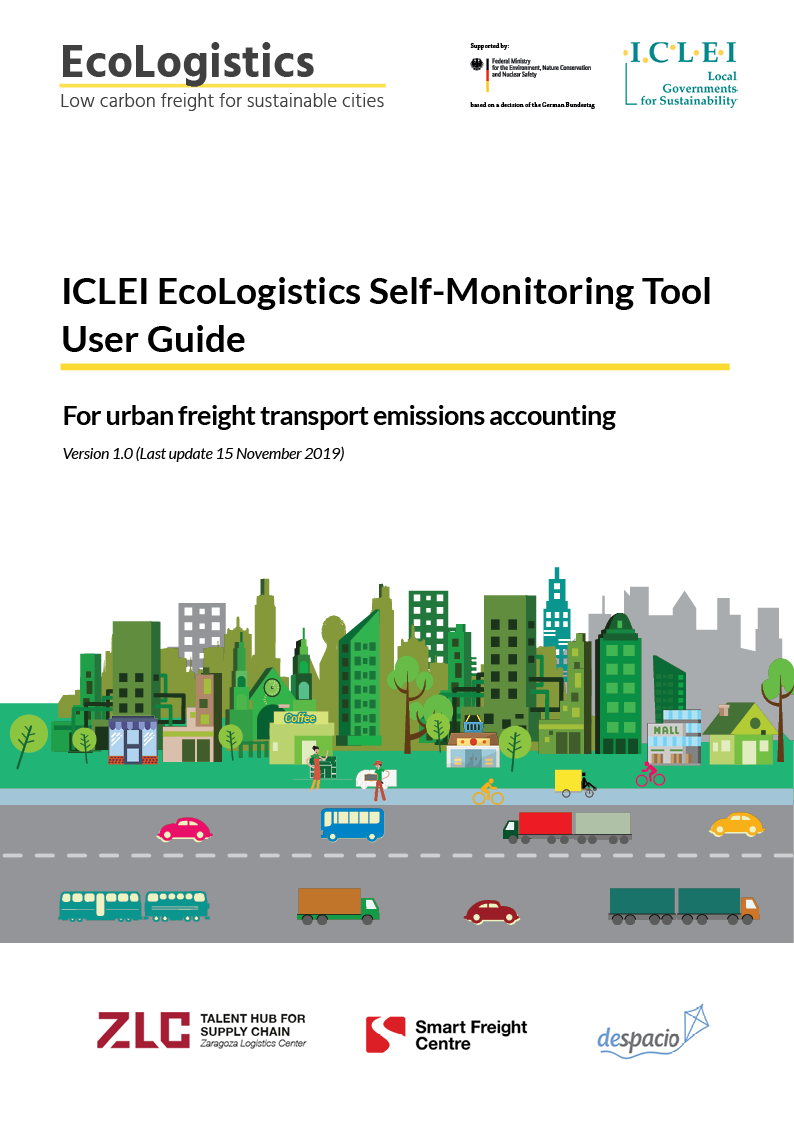This piece was originally published on ICLEI South Asia Secretariat’s website.
The ICLEI self-monitoring tool was launched as part of a national meeting on the EcoLogistics – Low Carbon Freight for Sustainable Cities project, organised on the 27th of November 2019 in New Delhi.
The tool was launched in the presence of representatives from the Ministry of Housing and Urban Affairs (MoHUA), Government of India; NITI Aayog; IKI India; city governments; Smart Cities Mission Special Purpose Vehicles; private firms such as IKEA and logistics operators; IIT Delhi; School of Planning and Architecture, Delhi; and over 20 development organisations working on urban freight in India.
Globally, urban freight is responsible for up to 40 percent of urban transport-related CO2 emissions. Therefore, the tool will assist local governments to estimate greenhouse gas (GHG) emissions from urban freight transport at the city level.
It allows assessment of the baseline (or business-as-usual scenario) and target scenario, wherein specific technologies or strategies are implemented. The tool also acts as a monitoring tool for cities to compare and analyze various urban freight indicator data, including carbon intensity and vehicle efficiency. The indicators will allow cities to make meaningful comparisons over time and with other cities in terms of urban freight emissions.
The self-monitoring tool has been developed under the EcoLogistics project, which is funded by the German Federal Ministry for the Environment, Nature Conservation and Nuclear Safety (BMU) through the International Climate Initiative (IKI).
The self-monitoring tool is an open, Excel-based tool, and can be accessed along with a guide book here.



